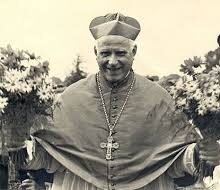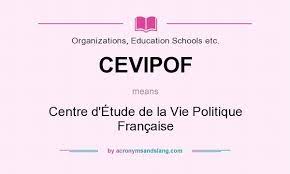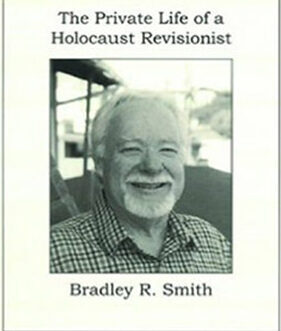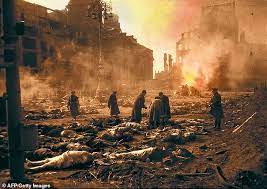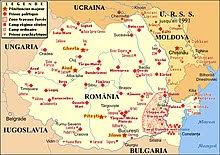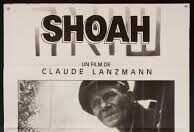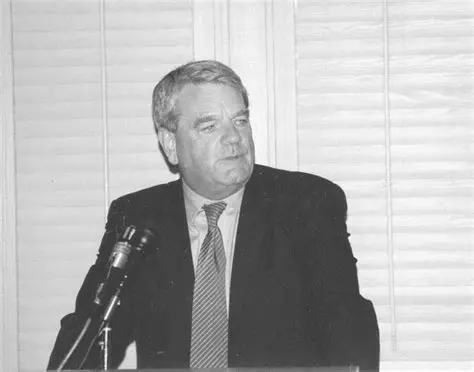The beatification of Mgr von Galen
On Sunday, October 9, 2005, in Rome, Clemens-August von Galen (1878–1946), count and bishop of Münster (North Rhineland-Westphalia), was beatified. On this occasion, French journalist Henri Tincq wrote: “Attending the event himself, an exceptional gesture for a Pope, Benedict XVI praised his ‘heroic courage’ to defend ‘the rights of God, of the Church and of…

